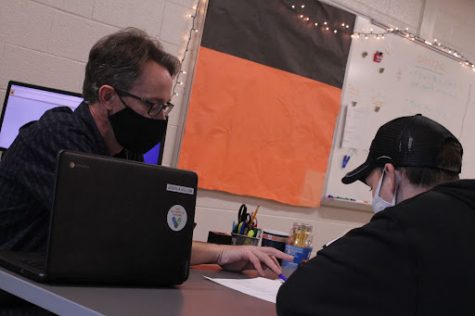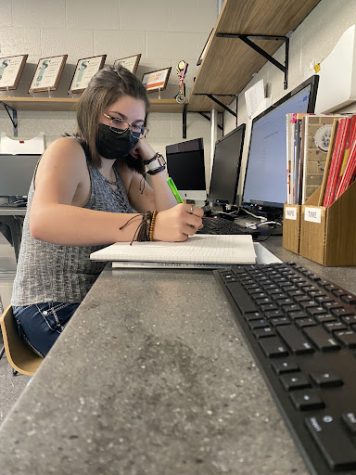The road to success is not a set path
College is not the only option
Recently applied to the US Naval Academy, senior Jake Chapman weighs his options after high school.
Soon, the delicious aroma of home cooked meals and warm hugs from family will surround us but that will not be the only joy circulating the room. Drilling questions from various family members about what the plan is after high school will also encompass us. The holidays are approaching quickly, which means the interrogations are near.
Teens are generally only exposed to one way of how to be successful. From the age of four, children are taught that education is the only way to make it, and the only way to obtain education is to go to college.
However, after high school the options are varied. College is only one idea after high school; there are plenty of alternatives.
The American Friends Service Committee (AFSC), an organization that works with people of various backgrounds to encourage change in social relations and systems, suggests a “gap year,” or taking a year off from school. Recently, this method has been gaining a lot of popularity. Students generally use a gap year to save up money or to travel. This option gives recent graduates time to adjust to the demanding world and decide exactly what they want to do for their careers. Joining the military is also a favored choice.
“I’ve thought about joining the Naval Academy,” senior Jake Chapman said. “I feel it would give me a lot more experience in other areas than just sitting in a classroom, some real world experience.”
The U.S. Naval Academy is a form of an undergraduate college that prepares young men and women to become officers of proficiency, character and compassion in the U.S. Navy and Marine Corps. Naval Academy graduates then serve at least five years in the Navy or Marine Corps.
High school is ultimately supposed to prepare students for college, but it should not be the only choice that parents, teachers, and family bring to light.
“College isn’t the only way to success,” Chapman said. “Some people just don’t learn that way.”

This is my first year being on the Uncaged staff. However, I have always had an underlying passion for writing. The importance of news reporting cannot...








